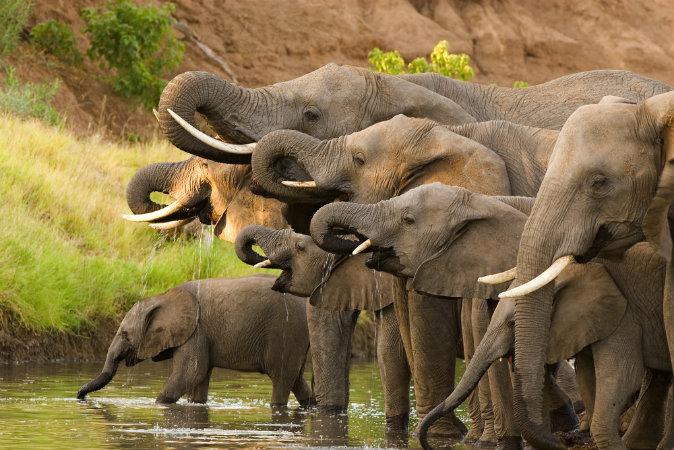Botswana’s government has lifted a ban on elephant hunting.
The Environment Ministry issued a statement on the decision, citing a range of reasons for revoking the prohibition, including high levels of conflict between elephants and humans.


Botswana’s government has lifted a ban on elephant hunting.